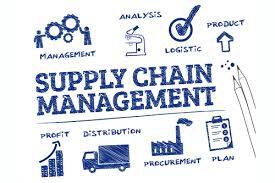
A Diploma in Supplies and Procurement Management typically provides students with foundational knowledge and skills in managing the acquisition of goods and services for organizations. This field is crucial for businesses and organizations to effectively source materials, negotiate contracts, manage suppliers, and optimize procurement processes to ensure efficiency and cost-effectiveness.
The curriculum of such a diploma program may include courses in:
-
Supply Chain Management: Understanding the flow of goods and services from suppliers to customers, including logistics, inventory management, and distribution.
-
Procurement Principles: Learning the fundamentals of procurement, including sourcing strategies, vendor selection, contract negotiation, and supplier relationship management.
-
Inventory Control: Techniques for managing inventory levels, forecasting demand, and optimizing inventory turnover to minimize costs while ensuring product availability.
-
Contract Management: Legal and contractual aspects of procurement, including drafting contracts, managing contract performance, and resolving disputes.
-
Cost Management: Methods for analyzing and controlling costs throughout the procurement process to maximize value for the organization.
-
Ethics and Sustainability: Understanding ethical considerations in procurement practices and strategies for promoting sustainability in the supply chain.
Overall, a Diploma in Supplies and Procurement Management equips students with the knowledge and skills needed to effectively manage procurement processes and contribute to the success of organizations in various industries.
- Teacher: Odel trainer
- Teacher: Admin User